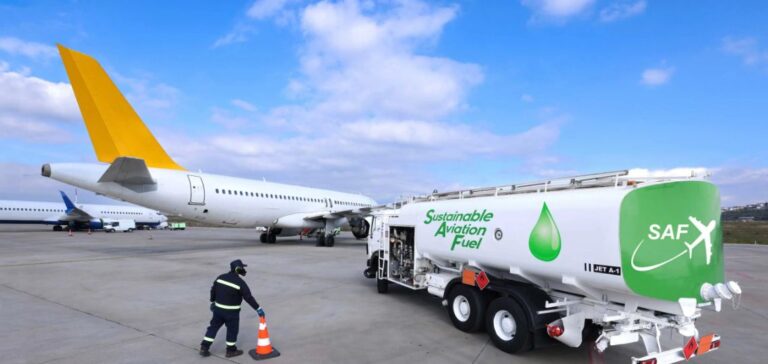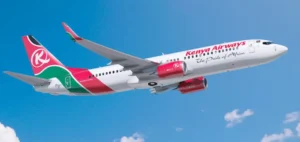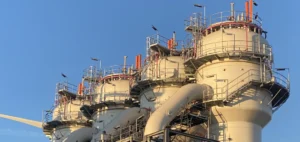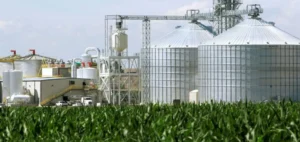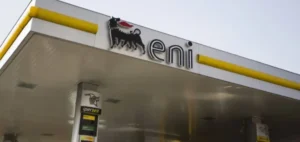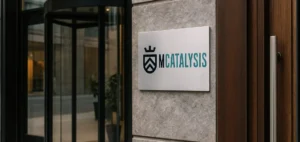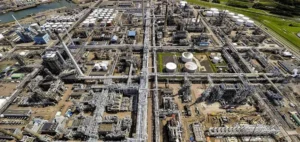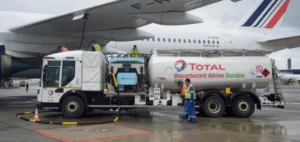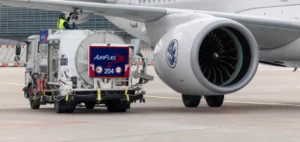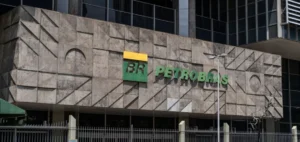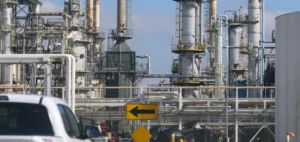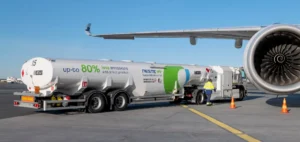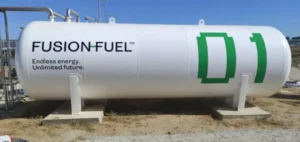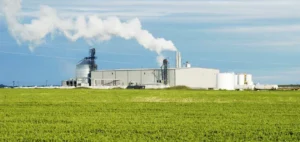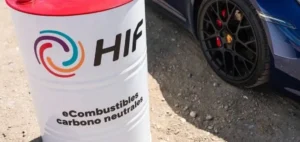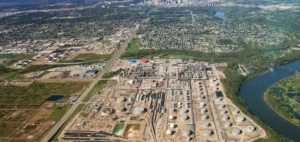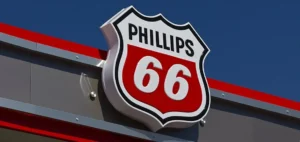The Sustainable Aviation Buyers Alliance (SABA) launched SAFc Connect on May 28, a digital platform designed to link corporate buyers with certified sellers of sustainable aviation fuel (SAF) certificates. The platform’s primary objective is to enhance market liquidity and facilitate large-scale transactions, while maintaining environmental credit integrity.
SAFc Connect is available exclusively to SABA member organisations, whose current demand totals around $30mn, according to a statement released by the alliance. The platform builds on broader efforts to structure an emerging SAF credit market. In April, SABA coordinated one of the largest collective purchases of SAF credits to date, securing $200mn in commitments over five years from 15 multinational corporations.
Limited supply despite growing demand
The launch of SAFc Connect comes as SAF supply remains below market needs. The certificates traded in April covered the equivalent of 50 million gallons of SAF, resulting in an estimated 500,000 tonnes of avoided CO₂ emissions. However, this volume is still insufficient to meet projected demand for 2024 and 2025.
The platform provides real-time access to offers from suppliers including Alaska Airlines, JetBlue, Valero and International Airlines Group. Each listing includes data on carbon intensity, sustainability certifications, feedstock type and contract terms.
European regulatory framework seen as restrictive
In Europe, investment prospects are impacted by the ReFuel EU Aviation regulation, which requires SAF to make up 2% of jet fuel volumes starting in 2025, increasing progressively to 70% by 2050. However, Nicole Löschl, SAF advisor at OMV, said the unchanged 2% threshold until 2030 discourages new industrial projects.
A lack of alignment between ReFuel EU Aviation and the European Union Emissions Trading System (EU ETS) further complicates planning. The ETS demands that emission reductions be based on the physical use of SAF, limiting the intended flexibility provided by ReFuel EU.
Carbon intensity-based pricing under consideration
OMV supports a pricing model based on actual carbon intensity. Its SAF reportedly achieves around 90% greenhouse gas reduction compared to conventional jet fuel. Such a model could provide more accurate value recognition across logistics chains and offer a business incentive for companies.
Currently, SAF is priced at $1,797.50 per metric tonne in Northwest Europe, a 175% premium over standard jet fuel. Although the premium has decreased since its launch in 2023, it remains a constraint for voluntary SAF purchases in a still-nascent market.


